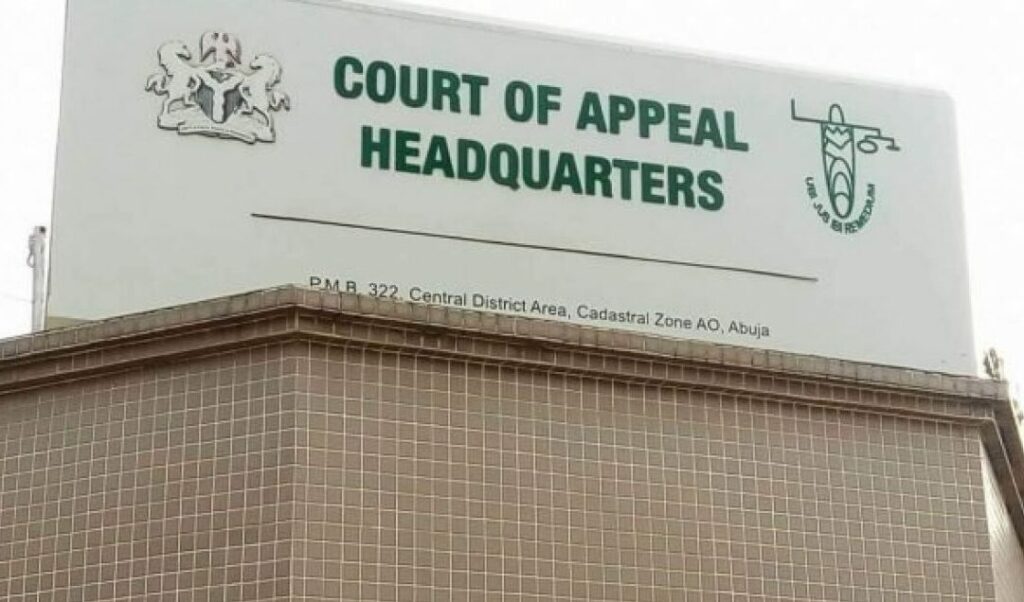
In a significant legal development, the Court of Appeal in Abuja has dealt a blow to the Federal Government’s efforts to retry former Abia State governor and current senator for Abia North, Orji Uzor Kalu, in the N7.6 billion fraud case leveled against him.
The case stems from a December 2019 verdict by Justice Mohammed Idris of the Federal High Court, who sentenced Kalu to 12 years in prison for purportedly misappropriating public funds during his tenure as governor. Similarly, Ude Udeogu, the former Director of Finance and Accounts at the Abia State Government House during Kalu’s governorship, received a 10-year prison sentence for the same offense.
The Economic and Financial Crimes Commission (EFCC) had charged Kalu, Udeogu, and Kalu’s company, Slok Nigeria Limited, with conspiracy and the diversion of N7.65 billion from the state’s coffers.
Challenging their convictions, Kalu and Udeogu filed appeals to contest their sentencing at the apex court. The Supreme Court, in its ruling delivered by Justice Ejembi Eko, declared the appellants’ convictions null and void, citing a fundamental procedural flaw: Justice Idris, the trial judge, was already serving as a Justice of the Court of Appeal at the time of the judgment. This ruling emphasized that a Justice of the Court of Appeal cannot preside over matters in the Federal High Court.
Consequently, the Supreme Court ordered the Chief Judge of the Federal High Court to reassign the case for a fresh trial. Kalu, however, swiftly obtained a court order from the Federal High Court, barring the EFCC from initiating a retrial, contending that he was not expressly mentioned in the Supreme Court’s judgment.
Dissatisfied with this development, the federal government lodged an appeal against the High Court’s decision. However, the Court of Appeal, in its recent ruling, delivered a resounding dismissal of the government’s appeal.
Justice Joseph Oyewole, reading the lead judgment, underscored the failure of the government to produce accurate records of the High Court proceedings. He emphasized that the record provided by the government was inadequate and unreliable for the requested retrial. Oyewole pointed out crucial deficiencies, noting that the appeal record was not compiled, signed, or certified by any authorized individual as stipulated by law.
“The record of an appeal brought by the federal government was incompetent and unreliable for any court to use to grant the request of the government,” Justice Oyewole stated. He further highlighted the absence of the name of the person responsible for compiling, signing, and certifying the record, as required by law.









Leave a Reply